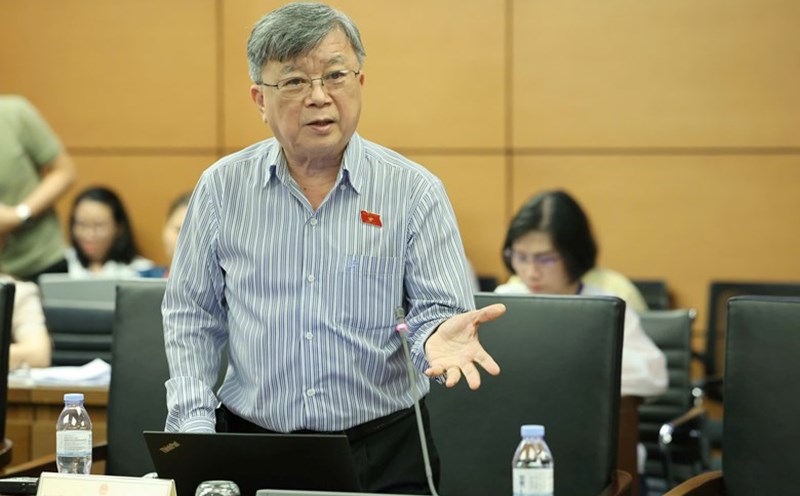Huawei is said to be building a large-scale chip factory in Shenzhen, China, to meet the growing demand for the Kirin and Ascend chip lines. This project is considered a strategic step in an effort to reduce dependence on foreign partners in the semiconductor sector, according to Wccf Tech.
The new plant will be responsible for producing chip lines of 7nm or more, focusing on chips for artificial intelligence. Huawei's investment in this field comes from the fact that the company has made great progress with Ascend chipsets, to the point that it is difficult to meet the current demand due to limited manufacturing capacity.
According to information from the Financial Times, the plant is being built near the facilities of other chip foundries such as Pengxinwei (PXW) and Shenzhen pensun (PST) - units in Huawei's supply chain. This location is expected to form a centralized chip foundation center, helping to shorten supply time and closely connect Huawei with its partners.
The project is funded by local authorities and Huawei will not directly operate the plant. Instead, companies such as SiCarrier and SwaySure will take on the operational role. However, in the early stages, Huawei will continue to play a key role, providing capital and sending a management and technical team to support.
This production expansion comes as SMIC - China's largest semiconductor company - cannot keep up with market demand, especially with the number of "million-dong" orders for Huawei's Ascend chips. Therefore, accelerating the expansion of the production line is considered urgent for Huawei to aim for the autonomy of advanced chip technology.
The new factory in Shenzhen is expected to be operational as early as next year, marking an important step forward for Huawei in its goal of building a complete and sustainable domestic semiconductor supply chain.











